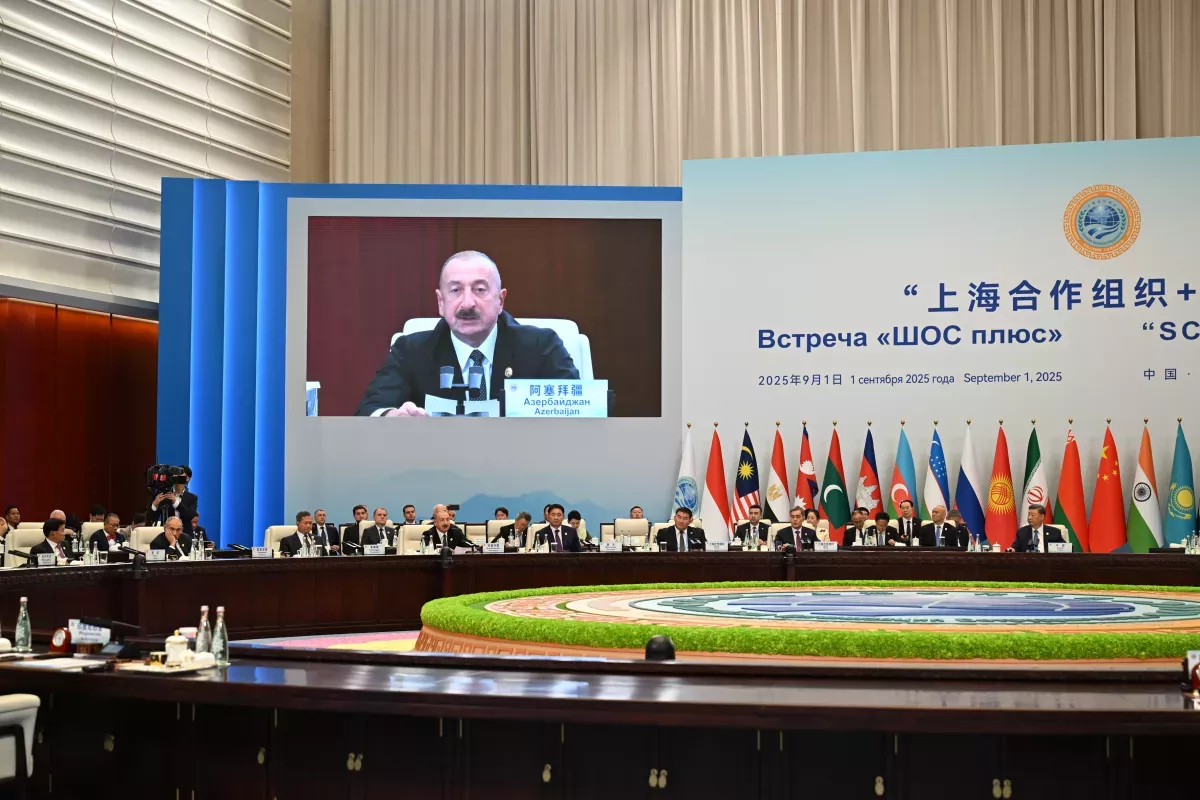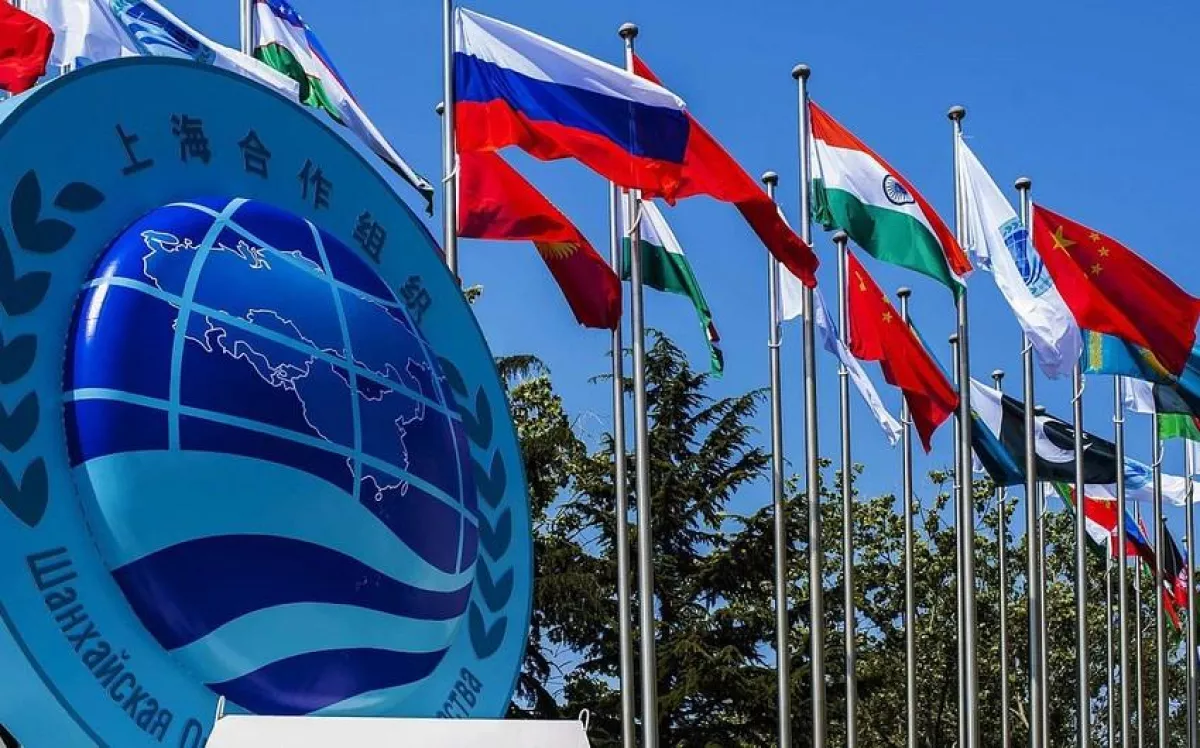SCO at crossroads: How Azerbaijan and Türkiye shaping its future Article by Eurasia Review
Eurasia Review has published an article exploring the prospects of Azerbaijan and Türkiye joining the Shanghai Cooperation Organisation (SCO). Caliber.Az offers the most telling parts of the piece.
"The Shanghai Cooperation Organisation (SCO) is at a crossroads, evolving from an area-specific security forum to a multi-dimensional tool of regional cooperation, connectivity, and diplomacy.
Extending its ambition horizon and mandate to the entire extent of Eurasia, new entrants have shifted the balance in favour of newcomers.
The SCO Summit, in Tianjin, China, with Türkiye and Azerbaijan joining the membership, is evidence of this new dynamic. Their greater involvement, hitherto limited to paper positions of interlocutors, is evidence of the increased popularity of the SCO umbrella. However, tensions within, particularly India’s reservations, are indicative of fault lines for the future direction of the organisation.
Azerbaijan and Türkiye's SCO membership represents a step in their progress toward more influential roles within the SCO. Both nations possess distinct geopolitical, economic, and cultural inclinations that are better positioned to capitalise on the organisation’s broader vision.
Having had a traditional leaning toward the West through NATO, Türkiye has been forcefully pursuing an independent foreign policy more and more. Its actual participation with the SCO over the last decade puts it in a better position to forge closer ties with Eurasian friends. The leadership in SCO has become aware of this fact.
March 2025 Briefing of the Secretary-General described Türkiye’s “balanced diplomacy” as a “distinguished interlocutor of Eurasian multilateralism.” Likewise, Azerbaijan’s geostrategic position between Europe, the Caucasus, and Central Asia places the state in the best position to become an ideal energy and commerce transit passage.

Baku’s regional integration projects, such as the Middle Corridor project, are most relevant to the SCO's focus on development and connectivity. Article 13 of the SCO Charter specifically mentions that the new members would be regional states willing to accept the purposes and principles of the organisation, such as regional security, peaceful settlement of differences, and economic help to one another.
These are the shared principles of Türkiye and Azerbaijan. Türkiye, as part of the Astana Process for Syria and between Black Sea conflict, serves as an interlocutor that guarantees its experience in handling multilateral conflicts. Membership from Türkiye and Azerbaijan would be of strategic interest for the SCO. Its middle geographic location between Europe and Asia positions Azerbaijan as a middle point. Its growing economic and security profile in the Middle East, Central Asia, and the South Caucasus lends credibility to the bid.
The two would also be making regional coordination easier for what are otherwise known as the “Three Brothers” Azerbaijan, Pakistan, and Türkiye—towards providing a fresh impetus to trilateral cooperation on the multilateral platform. Not all members of SCO are visionary on this front, however. India is now a vocal opponent of greater visibility in the organisation from Azerbaijan.
India’s inability to sign the final communique at the most recent SCO Defence Ministers meeting in Qingdao was consistent with its more subtle policy reaction. Indian diplomacy has been protesting the manner in which Türkiye is aligning with Pakistan on Kashmir and the very close relationship Islamabad and Baku are building. Such a policy would conceive of the SCO’s place in a world forced to cohere across geopolitical and ideational fault lines.

The SCO would have to develop an effervescent, outward policy with finesse to Eurasia’s multi-dimensional politics. The Azerbaijani and Turkish positive outreach is a direction to such openness. For the others, i.e., Russia, China, and Pakistan, the future accession of Azerbaijan and Türkiye would be a chance to reaffirm the pan-Eurasian nature of the SCO.
It would broaden the horizon of activity of the organisation, diversify its diplomatic portfolio, and raise the profile of the organisation globally. In a more multipolar world order with fragmentation, the SCO can be one alternative coalition platform—one above Cold War blocs and a one for cooperative dividends.
The SCO needs to reaffirm the spirit of its inception—dialogue, respect, and openness—before it can be an effective and representative forum for Eurasian cooperation. Thirdly, and most importantly, expansion to Azerbaijan and Türkiye would bring strategic and geographic diversity to the SCO but also to the legitimacy of an actually representative institution,” the article reads.
By Aghakazim Guliyev








